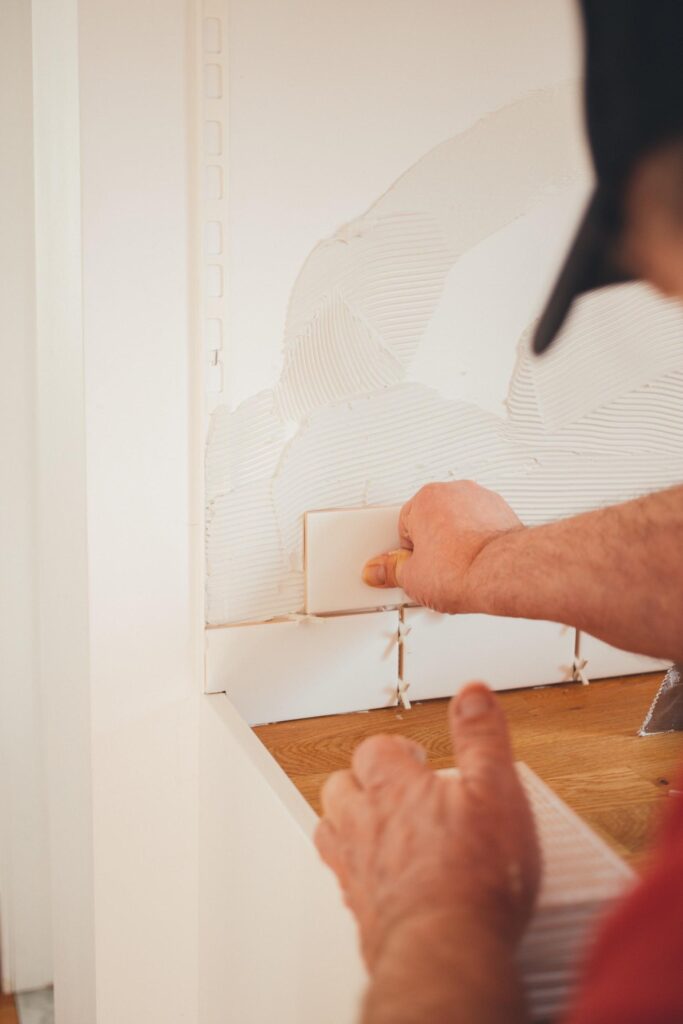-
When you were a kid wishing you were an adult, owning your dream home was probably right up there with being able to eat ice cream whenever you want. Now that you’ve reached adulthood and you’ve been handed the keys, you’ve probably realized home ownership comes with a few headaches too. Home repairs are a necessary evil, and the aftermath of some could result in a noisy renovation project. Both of these scenarios come at a cost, but it doesn’t have to completely ruin your monthly budget – here’s how:
Start Building a Rainy Day Fund
No matter how meticulous you are about taking care of your home, emergencies happen. Your roof might spring a leak after a rough storm, the kids could cause a pipe to burst after flushing an entire box of crayons, or the A/C might conk out on the hottest day of the year. You truly never know what your home has in store for you, so be prepared by putting money into a home repair emergency fund.
Aim to put aside 1 percent to 3 percent of your home’s value so that you have about three to six months of living expenses. This sounds like a lot, but when you add up the cost of various repairs and include the fact that one or many could happen at once, it’s better to be safe than sorry. Renovations can be costly too, averaging $100 to $200 per square foot according to Budget Dumpster. Some are by choice, but damages from leaks, flooding, and mold could mean a room remodel.
What If You Find Yourself Unprepared?
When an emergency happens, waiting around until you have the funds to cover it isn’t a smart option, as it can result in further damage. So what are your payment options if you are truly in a bind? A smart way to cover the cost would be with your emergency fund, but if that is nonexistent or not enough, you can use a personal loan, take out a home equity line of credit (HELOC), or borrow from a family member or friend. Some repairs may be covered by your home insurance policy, so make a point to check there first. In addition, there are various government programs in Florida you can look into to help offset the costs.
Preparing for the Renovation
If a repair needs to be made, hiring the right professional, whether it’s a plumber, electrician, or roofer, is pretty straightforward. However, a renovation is on a much larger scale, and will require a contractor. When you are looking for the right contractor for the job, be sure to interview candidates and explain your expectations and timeframe. It helps to have a plan in place so you can get an accurate bid. Ideally you should speak with three or four contractors and get the same amount of bids before putting a contract in writing to avoid potential scams. Keep in mind that you’ll likely run into ancillary costs such as unexpected expenses, costly additions — even a storage unit. Your home will be a construction zone for a bit, so you might play it safe and protect your furniture and belongings by putting them into storage. Thankfully you can get a cheap 5’x5’ unit for $25.20 a month at CubeSmart Self Storage (located in Orlando at 7200 Old Cheney Hwy.)
Avoid Repairs with Home Maintenance
Your home can’t take care of itself, so with regular maintenance you can prevent costly repairs from catching you off guard. Living in Florida, you find yourself in a warm climate with a significant rainy season and a high probability of experiencing hurricanes. Make sure the exterior of your home can withstand the beating, and use this monthly checklist to keep your home up and running all year long.
Home repairs and renovations aren’t easy on your wallet. Keep costs down by starting an emergency fund or exploring various payment options. Know what to expect when hiring a contractor for renovations, and avoid costly repairs with regular home maintenance.
Photo By: Unsplash
(407) 901-5161
Orlando Property Enterprises | All rights reserved

